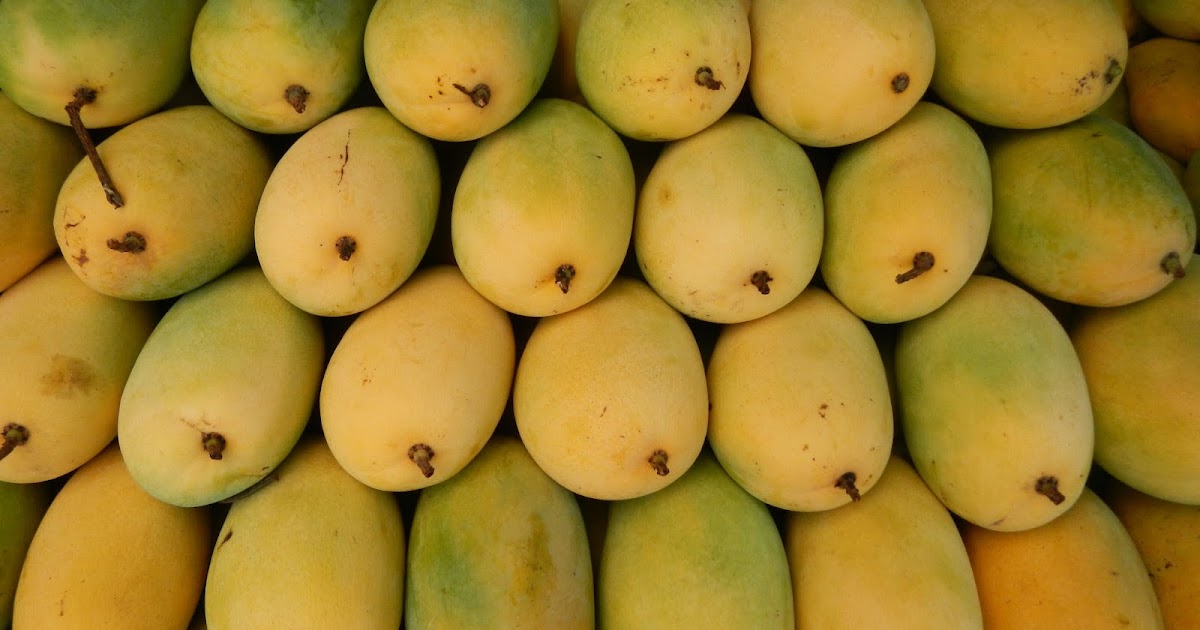Introduction
The mango industry in Pakistan is experiencing significant transformations, driven by changing government policies. Mango Companies in Pakistan, particularly those specializing in dry mangoes, are seeing both opportunities and challenges as new regulations emerge. These policies play a crucial role in determining the future of these companies, affecting production, exports, and sustainable growth.
Government policies related to agriculture and export incentives have a direct impact on Mango Companies in Pakistan. Over the years, efforts to boost mango production and quality have led to several initiatives by the government. However, many companies are still navigating the complexities of complying with standards while trying to compete on the international stage.
Supportive Policies for Mango Companies in Pakistan
The Pakistani government has recognized the potential of its mango industry and introduced various measures to support Mango Companies in Pakistan. For instance, the introduction of export subsidies has incentivized businesses to scale their operations. These subsidies, along with tax exemptions for small businesses, encourage local mango companies to invest in better processing techniques and improve the overall quality of mango products, including dry mango.
Additionally, policies around infrastructure development have helped these companies access better facilities. Cold storage, transportation, and export logistics have all improved, allowing companies to preserve the freshness of mangoes for longer periods. This is particularly crucial for dry mango exporters, as high-quality storage solutions ensure that the mangoes retain their taste and texture when shipped to global markets.
Challenges for Mango Companies in Pakistan Due to Regulation
Despite supportive policies, several regulatory challenges still face Mango Companies in Pakistan. One of the most prominent issues is compliance with international quality standards. Government regulations mandate stringent quality checks, which can sometimes create hurdles for smaller companies with limited resources. Meeting the export criteria for organic certification, for example, is often difficult for many dry mango producers.
Moreover, certain policies on land use and water management have had an indirect effect on mango cultivation. Water scarcity in key mango-producing regions of Pakistan has pushed the government to enforce more strict water usage policies. This has added pressure on mango farmers to adopt more efficient irrigation methods, which can be costly.
The Role of International Trade Policies
International trade agreements also play a major role in shaping the future of Mango Companies in Pakistan. Export tariffs, for instance, can make Pakistani mangoes less competitive in the global market. The government has been working to reduce these tariffs through trade negotiations with countries that import Pakistani mangoes.
In addition, the government is focusing on developing Free Trade Agreements (FTAs) with key markets such as Europe and the Middle East. These agreements could open new avenues for mango companies by reducing export duties and streamlining customs processes. However, it’s essential that the government also ensure that these policies are sustainable in the long run, offering both growth opportunities and stable prices for exporters.
How Climate Change Policies Affect Mango Companies
Climate change is another critical factor influencing the government’s agricultural policies, particularly in mango farming. With fluctuating weather patterns, mango production in certain regions has been affected, leading the government to prioritize climate-resilient agriculture. Mango Companies in Pakistan are being encouraged to adopt sustainable practices, such as organic farming and efficient water management systems, through government grants and subsidies.
These climate-related policies are especially relevant to dry mango companies, as changes in mango supply directly affect their production capacities. By investing in sustainable farming methods, mango companies can not only reduce their environmental impact but also secure their future in a climate-sensitive industry.
The Future Outlook for Mango Companies in Pakistan
Looking ahead, the government’s policies will continue to shape the direction of Mango Companies in Pakistan. As more emphasis is placed on sustainability and international trade, companies must adapt to the evolving regulatory landscape. The government’s continued focus on improving export infrastructure and negotiating favorable trade deals will be crucial in ensuring that Pakistan remains a top exporter of mangoes, including dry mango products.
While challenges remain, including the need for better compliance with quality standards and the pressures of climate change, the future looks promising for the mango industry. By aligning with government policies, Mango Companies in Pakistan can leverage opportunities for growth and sustainability in the international market.
FAQs
Q1: What government policies are most beneficial for Mango Companies in Pakistan?
Government policies related to export subsidies, tax exemptions, and infrastructure improvements are most beneficial for mango companies, helping them scale their operations and compete globally.
Q2: How do international trade policies affect the export of Pakistani dry mangoes?
International trade policies, including tariffs and trade agreements, can affect the competitiveness of Pakistani mangoes in the global market. The government is working to negotiate favorable trade terms with key markets.
Q3: How does climate change impact mango production in Pakistan?
Climate change affects mango production by causing fluctuations in weather patterns. This can lead to inconsistent yields, pushing the government to introduce policies focused on climate-resilient farming.
Q4: What challenges do smaller mango companies face in Pakistan?
Smaller companies face challenges in complying with stringent quality standards and managing the costs of sustainable farming methods, which are required for both domestic and international markets.
Conclusion
Mango Companies in Pakistan are at the crossroads of opportunity and challenge, shaped by evolving government policies. As the industry adapts to new regulations, sustainable practices, and international trade demands, these companies have a promising future. Chanab Farms continues to play a key role in this evolving market by aligning its practices with government regulations and focusing on long-term growth.


